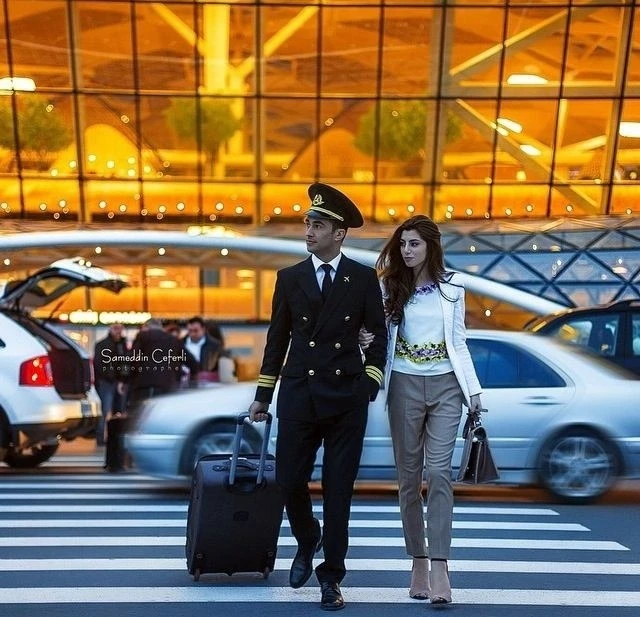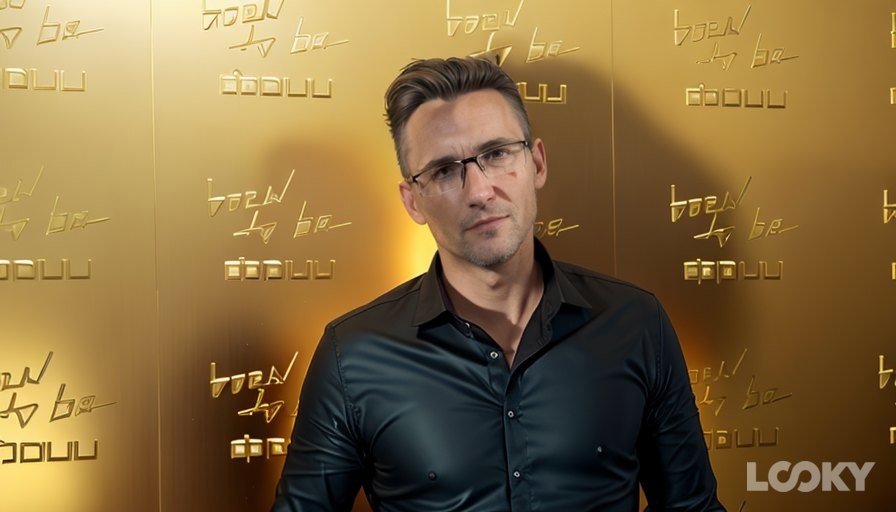Социальный GPS для цифровых кочевников помогает преодолеть одиночество в 47 странах через архитектуру человеческих связей.
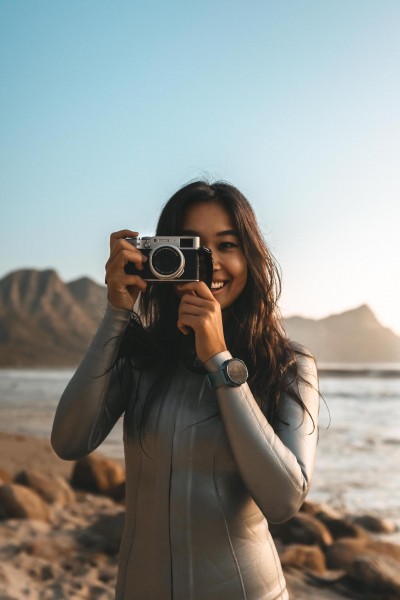
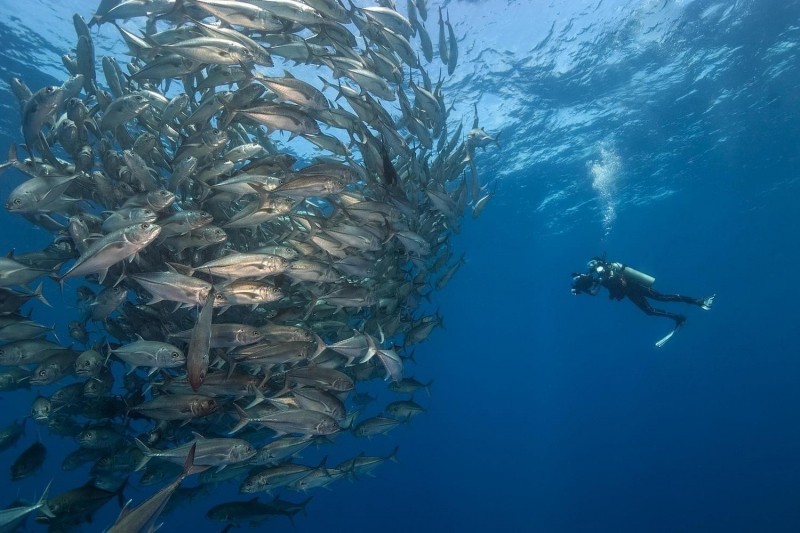
Award-Winning Underwater Photographer & Ocean Conservationist: Pier Nirandara
Meet Pier Nirandara
Pier Nirandara stands out as an accomplished underwater photographer, writer, and ocean explorer. She became Thailand’s youngest bestselling English-language author at just 15 and went on to publish two more novels. Her passion quickly evolved beyond books.
Diving Deeper
Pier is now a PADI AmbassaDiver™, a conservation advocate, and founder of Immersiv Expeditions. She leads globe-spanning trips for travelers eager to swim with marine wildlife and explore the ocean’s wonders. Her photography portfolio includes capturing aquanaut Fabien Cousteau’s underwater research in Curaçao and joining Dr. Sylvia Earle at The Explorers Club alongside top ocean advocates.
Global Adventures
Splitting time between Bangkok, Cape Town, and Los Angeles, Pier has:
— Dived with sharks and whales in the South Pacific and South Africa
— Tracked pink dolphins in the Amazon
— Documented shark calling in Papua New Guinea
A Storytelling Mission
Pier believes the real crisis is disconnection from the ocean. “Without relationship, there is no responsibility,” she says. She champions the importance of storytelling and representation, especially from communities historically left out of conservation.
Nature’s First Call
Growing up on Thailand’s coast, Pier felt drawn to the ocean early. After watching her mother surface from a dive, filled with awe, Pier was hooked. That envy inspired her lifelong desire to dive.
Life-Changing Journey
Though she dove frequently as a child, a trip to South Africa’s Wild Coast for the spectacular sardine run changed her forever. Surrounded by sharks, dolphins, and birds hunting in a feeding frenzy—known as the Blue Serengeti—Peter answered what storytellers call the “call to adventure.”
A Bold Leap
Returning home, Pier left her Hollywood film career to pursue underwater storytelling full-time.
Ready for Your Own Adventure?
Explore the world’s oceans and create memories that last a lifetime. Book your personalized vacation with MWR LIFE and take the plunge into the extraordinary—just like Pier Nirandara.
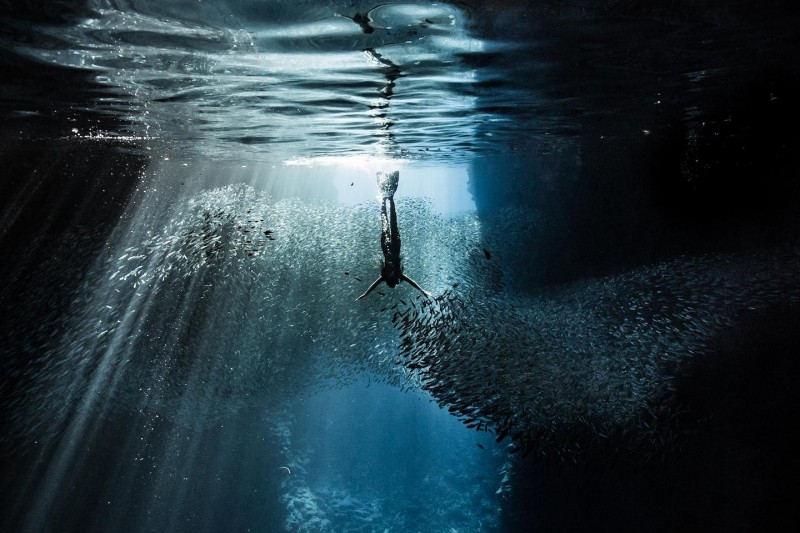
At home in the ocean
How do you describe the work you do? Why did you start your own company?
I’m a storyteller at heart. My work explores the intersection of travel, adventure, culture and conservation, often through immersive experiences that invite awe as a catalyst for change.
With this ethos in mind, I founded Immersiv Expeditions, an adventure company built on the idea that meaningful travel can transform us. We lead small-group journeys around the world to swim with marine wildlife, often in remote, off-the-map locations where nature feels raw and unfiltered. These are not just wildlife encounters—they’re invitations to reconnect with the world, and with ourselves.
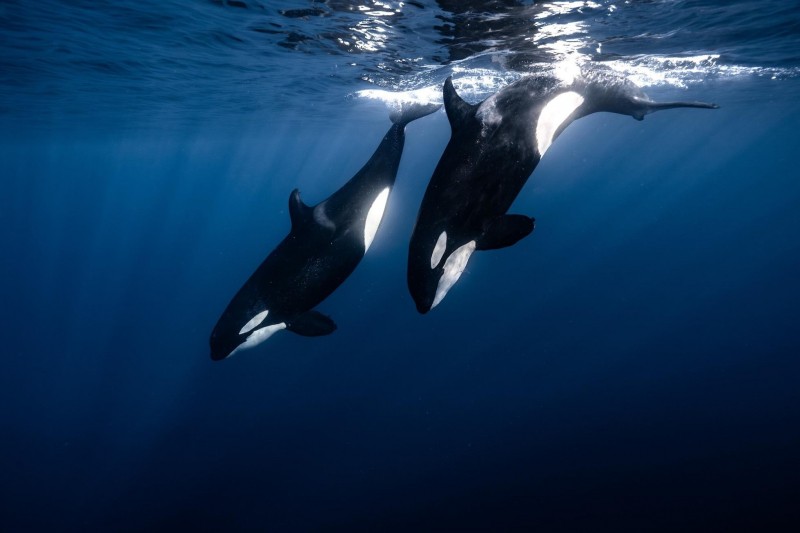
Diving with orcas.
From swimming with whales in the open ocean to tracing ancestral stories along remote coastlines, every journey is designed to spark curiosity, deepen connection, and leave guests changed. We also work closely with local operators and captains who know their waters best, grounding each expedition in place, partnership, and purpose.
Our ethos is simple: Seek adventure. Embrace discomfort. Explore the unknown.
These aren’t just bucket list trips — they’re opportunities to break out of the routines and habits of daily life to reconnect with something larger than ourselves. A return to place, to self, and to a deeper sense of awe, wonder, and responsibility.
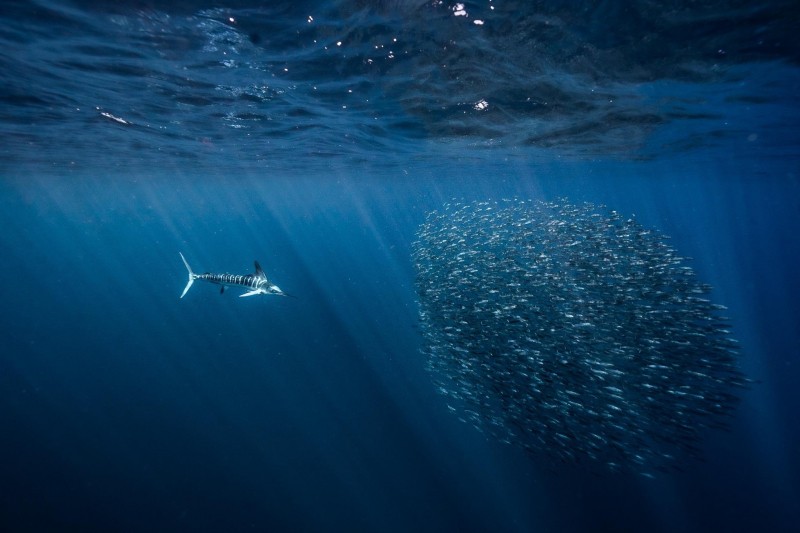
A lone marlin
What are your favorite diving expeditions? What have you seen there?
Each expedition offers its own kind of magic. The sardine run in South Africa is perhaps the most cinematic — dolphins herding fish, sharks plowing through bait balls, birds raining from the sky. In French Polynesia, we swim with humpback whales as they arrive to give birth and nurse their young in the warm waters of the South Pacific. Imagine playing alongside milk-drunk baby whales! Meanwhile, every spring in Baja, Mexico, mobula rays gather by the thousands, swirling in a hypnotic vortex. Every expedition is unique, and a reminder that the ocean still holds mystery — and immense beauty worth saving.
I’ve also been fortunate enough to join legendary aquatic pioneers like Dr. Sylvia Earle and Fabien Cousteau on initiatives that blend exploration with advocacy. These moments remind me that there’s a fierce, brilliant, and deeply committed community fighting for the sea. It inspires me to keep showing up — and to keep lending my pen and lens to a good cause.
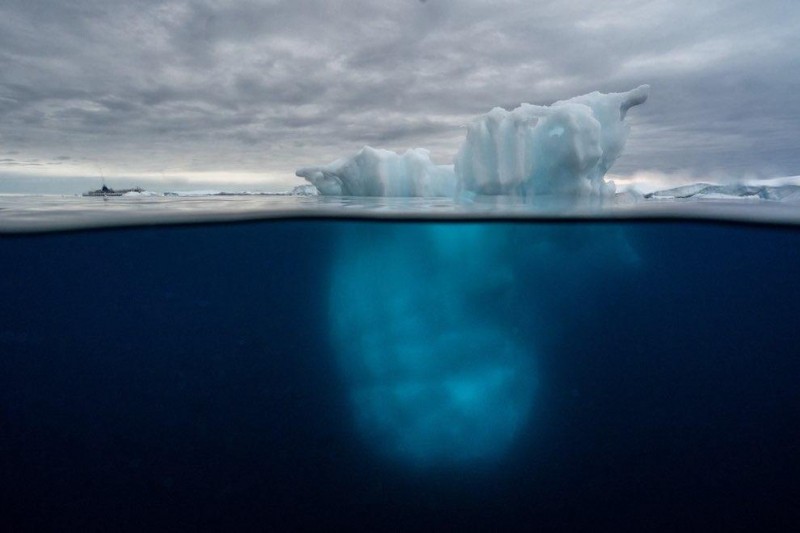
Melting ice.
Why is World Oceans Day important?
Because the ocean is the life force of the planet. It regulates our climate, feeds millions, and gives us every second breath we take. Yet for many, it remains distant — something to visit, not something we’re a part of.
World Oceans Day is an invitation to remember that we are ocean people, whether or not we live by the shore. It’s a chance to reconnect with what sustains us, to re-imagine our relationship with water, and to recommit. It’s a reminder that protecting the ocean isn’t just about saving the sea, but also about saving ourselves.
People talk about plastic pollution and its impact. Are there less-publicized impacts on the ocean you’ve seen that are troubling?
Ghost gear — abandoned fishing lines and nets — quietly ensnaring marine life. Sonar disrupting whale navigation. Coral trampled by unregulated tourism. Even well-meaning travelers can do harm if they don’t know better. The damage isn’t always visible, but it’s real — and often borne by the most marginalized communities. Privilege and accessibility are real issues within the marine space — who has admission to these spaces, and who bears the burden of climate change and rising sea levels.
What types of actions would make the biggest conservation impact?
Support Indigenous and local stewardship. Expand and enforce marine protected areas. Reform extractive fishing policies. And on a human level — get people in the water. When someone submerges beneath the surface, watches a pod of dolphins leaping beside the boat, or — if they’re lucky enough — meets a whale eye-to-eye, something in them changes. It’s why at Immersiv, we’re so passionate about getting people up close and personal with the wonders of the ocean. Awe transforms.
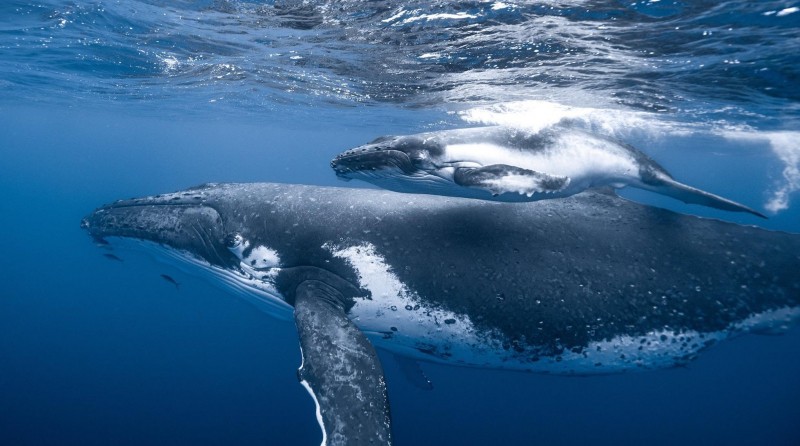
Mother and calf.
The hospitality industry is trying to help. What are some of the most — and least — impactful initiatives you’ve seen?
The best properties partner with local communities and embed conservation into their core model. Others greenwash with bamboo straws while building over nesting beaches. Real impact requires transparency, not trends — and a commitment to give more than they take.
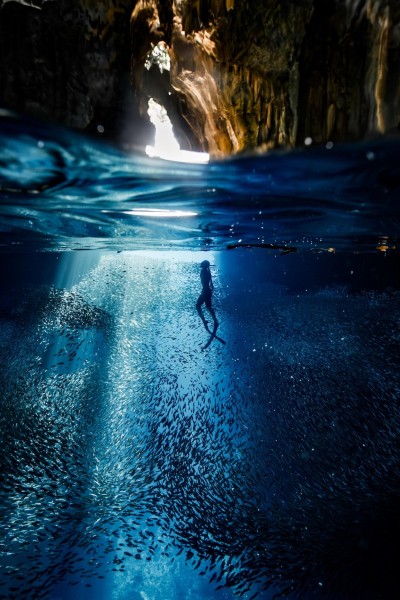
Pier Nirandara, ascending
We also need to decrease the barrier to entry to the water — from systemic to socioeconomic inequalities. Access to the ocean is a privilege not always afforded to all, and if we’re to truly make a difference, we need a all hands on deck approach. People have to feel a personal bond with the ocean in order to care about its plight. Conservation cannot be inclusive if access isn’t.
What is your mission? As a changemaker, what are your ultimate goals?
To tell stories that make people feel, and through that feeling, move them to act. I want to bridge the gap between science and storytelling, amplify underrepresented voices, and decolonize conservation narratives. This work isn’t only about saving the ocean. It’s about remembering that we’re not separate from it — we’re part of it. And in protecting it, we protect something essential in ourselves.
